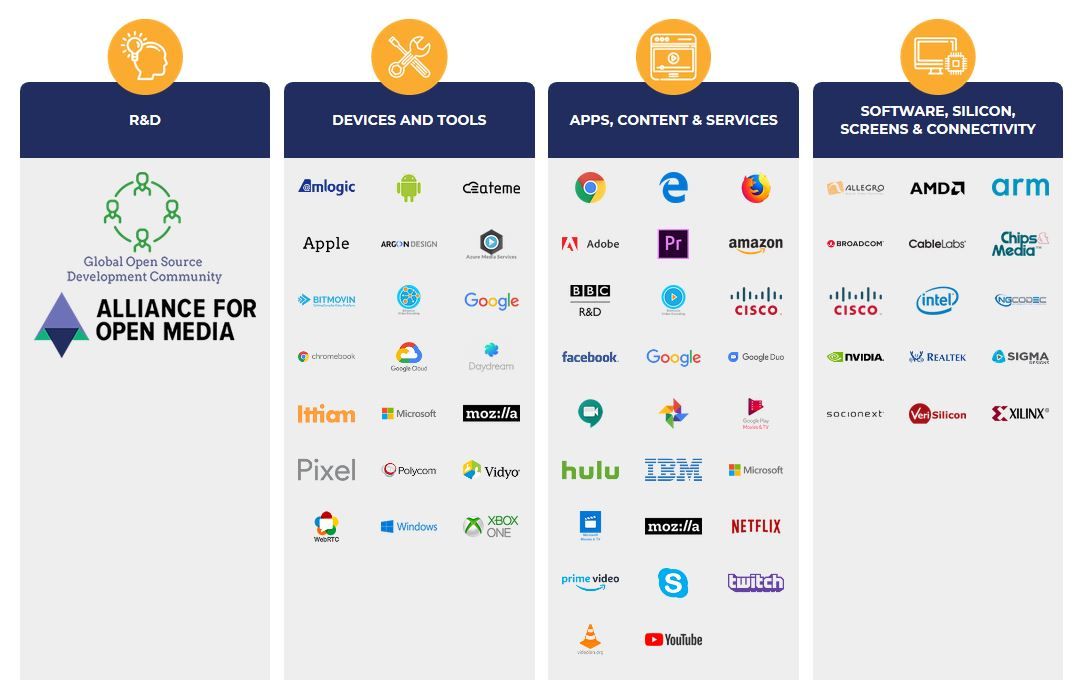brick2928
New Member
There ware no crash logs created upon app closing.

Hello,
I have recently been testing out encoders to record with to see which encoder has the least GPU usage rate, utilization and so on. From what i've heard SVT-AV1 is supposed to be a solid encoder that comes with NVIDIA GPU's, I wanted to test it out so I chose it in the encoders section in the settings and clicked apply. I went ahead and clicked start recording but after 2 seconds I did that the app froze for a second and then it closed it self. This is strange because AOM-AV1 encoder works perfectly fine.
Things I have made sure that are not causing the Issue:
I use medal but medal uses H.264 encoder so medal cant be causing any issues, any feature like Nvidia highlights or clips is turned off, XBOX gamebar is set to x264 encoder by default as far as I know and I am not trying to record with XBOX gamebar at the same time eitherway so it cant be that either. My drivers are up to date.
My guess:
Some websites say GTX 1650 does not support SVT-AV1 encoding however I am not sure about that because I think the SVT-AV1 option wouldnt appear if that was the case, right? However I have no other possible cause for this so yeah.

(source: https://videocardz.com/newz/nvidia-... 16 series utilizes,NVNEC in Ada GPUs, though.)
TL:DR:
Trying to record with SVT-AV1 encoder causes OBS to close itself, so far things i am sure that are not causing the issue;
Medal
XBOX gamebar
Nvidia highlights or anything similiar
I cant think of anything else causing this.
Laptop specs:
CPU: Intel i7-9750HF
GPU: GTX 1650 Mobile
RAM: 16GB DDR4 single stick 2400MHz ram
Disk: Samsung 512GB SSD
Reply with any extra information you need
Hello,
I have recently been testing out encoders to record with to see which encoder has the least GPU usage rate, utilization and so on. From what i've heard SVT-AV1 is supposed to be a solid encoder that comes with NVIDIA GPU's, I wanted to test it out so I chose it in the encoders section in the settings and clicked apply. I went ahead and clicked start recording but after 2 seconds I did that the app froze for a second and then it closed it self. This is strange because AOM-AV1 encoder works perfectly fine.
Things I have made sure that are not causing the Issue:
I use medal but medal uses H.264 encoder so medal cant be causing any issues, any feature like Nvidia highlights or clips is turned off, XBOX gamebar is set to x264 encoder by default as far as I know and I am not trying to record with XBOX gamebar at the same time eitherway so it cant be that either. My drivers are up to date.
My guess:
Some websites say GTX 1650 does not support SVT-AV1 encoding however I am not sure about that because I think the SVT-AV1 option wouldnt appear if that was the case, right? However I have no other possible cause for this so yeah.
(source: https://videocardz.com/newz/nvidia-... 16 series utilizes,NVNEC in Ada GPUs, though.)
TL:DR:
Trying to record with SVT-AV1 encoder causes OBS to close itself, so far things i am sure that are not causing the issue;
Medal
XBOX gamebar
Nvidia highlights or anything similiar
I cant think of anything else causing this.
Laptop specs:
CPU: Intel i7-9750HF
GPU: GTX 1650 Mobile
RAM: 16GB DDR4 single stick 2400MHz ram
Disk: Samsung 512GB SSD
Reply with any extra information you need
